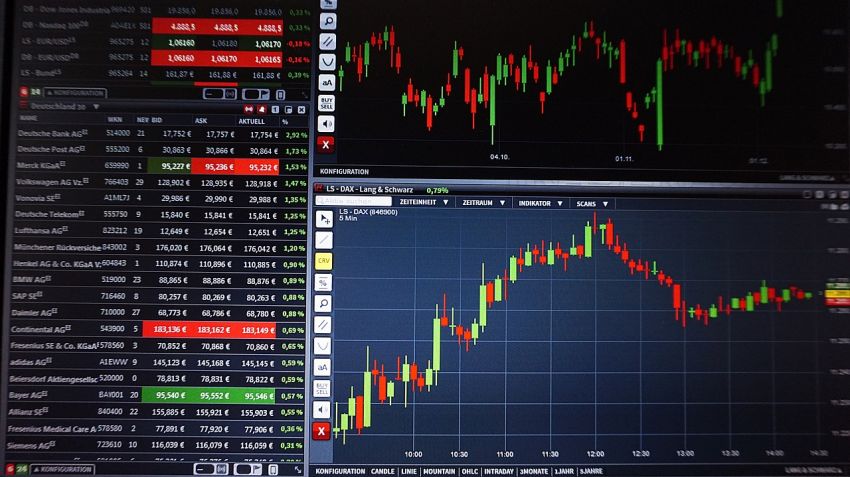Geopolitical events have a significant impact on global markets, influencing the prices of stocks, commodities, and currencies. These events, which can range from political instability to trade disputes, often create volatility and uncertainty in the financial markets. Understanding how geopolitical events affect markets is crucial for investors and traders looking to navigate these fluctuations effectively.
The Relationship Between Geopolitical Events and Markets
Geopolitical events refer to occurrences that involve political, economic, or social issues between countries or regions. These events can include wars, conflicts, elections, trade agreements, and policy changes. The effects of geopolitical events on markets are complex and multifaceted, leading to both short-term fluctuations and long-term trends.
When geopolitical events occur, they can impact investor sentiment and market confidence. Uncertainty surrounding political developments can lead to increased volatility as investors react to changing circumstances. For example, the outbreak of a conflict in a major oil-producing region can cause oil prices to spike due to concerns about supply disruptions.
Geopolitical events can also affect specific industries or sectors. For instance, trade tensions between two countries can lead to tariffs and trade barriers that impact companies reliant on international trade. Changes in government policies or regulations can similarly affect certain industries, leading to shifts in stock prices and market valuations.
Geopolitical Events and Currency Markets
One of the most immediate impacts of geopolitical events is seen in currency markets. Currencies are sensitive to political developments as they reflect the economic health and stability of a country. Geopolitical events that create uncertainty can lead to currency depreciation as investors seek safer assets. For example, the uncertainty surrounding Brexit negotiations has caused fluctuations in the value of the British pound.
In times of geopolitical turmoil, investors often flock to safe-haven currencies such as the US dollar, Swiss franc, or Japanese yen. These currencies tend to strengthen during periods of uncertainty, serving as a hedge against market volatility. Understanding how geopolitical events influence currency markets is crucial for forex traders looking to anticipate and capitalize on these movements.
Geopolitical Events and Stock Markets
Geopolitical events can also have a significant impact on stock markets, affecting the performance of individual companies and broader indices. Companies with international operations may be particularly vulnerable to geopolitical risks, such as changes in trade policies or sanctions. For example, a company that relies heavily on exports to a specific country may see its stock price decline if trade relations deteriorate.
Stock market indices can also be affected by geopolitical events, with major indices often experiencing sell-offs during periods of heightened uncertainty. Investors may become more risk-averse and move their capital out of equities and into safer assets like bonds or gold. Understanding the relationship between geopolitical events and stock markets is essential for investors looking to manage risk and protect their portfolios.
Navigating Geopolitical Risks in the Market
As an investor or trader, it is crucial to stay informed about geopolitical events and their potential impact on the markets. Keeping abreast of news developments, analyzing trends, and monitoring market reactions can help you make informed decisions in response to changing circumstances. Diversifying your portfolio, hedging against risks, and maintaining a long-term perspective can also help mitigate the impact of geopolitical events on your investments.
In conclusion, geopolitical events play a significant role in shaping global markets, influencing asset prices and investor behavior. By understanding how these events impact markets, investors can better navigate market volatility and make informed decisions. Keeping a close eye on geopolitical developments and staying proactive in managing risks can help investors succeed in an ever-changing and interconnected world.










